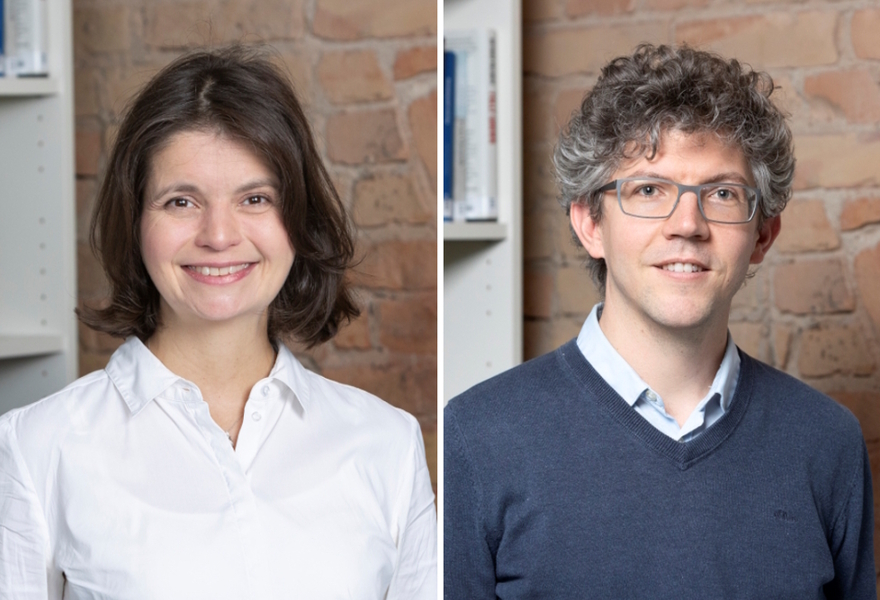Sabine Fuss and Matthias Kalkuhl step up to the management of MCC in January
Brigitte Knopf takes her leave after nine years to set up her own project in 2024. Director Ottmar Edenhofer: “She has made our interface with politics strong.”
The Secretary General of the Berlin-based climate research institute MCC (Mercator Research Institute on Global Commons and Climate Change), Brigitte Knopf, will be leaving the institute at the end of the year and launching her own project in the course of 2024. As of January, the management of MCC, for which Knopf has been responsible, will be jointly overseen by Sabine Fuss, head of the MCC working group Sustainable Resource Management and Global Change and professor at Humboldt-Universität zu Berlin, and Matthias Kalkuhl, head of the working group Economic Growth and Human Development and professor at the University of Potsdam. They will continue to fulfil these functions while serving as Co-Chairs of MCC in the future.
Brigitte Knopf has been MCC Secretary General since 2015 and also became the head of MCC’s newly established Policy Unit since 2019. She is moreover the Deputy Chairwoman of the Council of Experts on Climate Change, established by the German government, as of 2020. “The decision to leave MCC after nine years was not an easy one for me,” she says. “I am grateful that I was able to work, do research and advise together with exceptional colleagues on one of the most important topics of our time, and I will remain closely associated with the institute in the future. In the new year, I will devote myself to setting up a new project. I would like to thank the whole team, the Mercator Foundation for its support, and especially Ottmar Edenhofer for his trust and our valuable collaboration.”
MCC Director Ottmar Edenhofer says, “I very much regret this, but I have great respect for this courageous step forward. Brigitte Knopf has brilliantly ensured coherent internal management, always striking a clever balance between leading and leaving room for manoeuvre; in doing so, she has made a significant contribution to the excellence of research at MCC. And externally – in addition to her brilliant work in scientific policy advice and her media performance – she has made the interface to politics strong by establishing our Policy Unit. The fact that MCC has become such a highly regarded provider of input into the political process, both nationally and internationally, across all party boundaries in the democratic spectrum, is also thanks to this strategic networking activity.”






